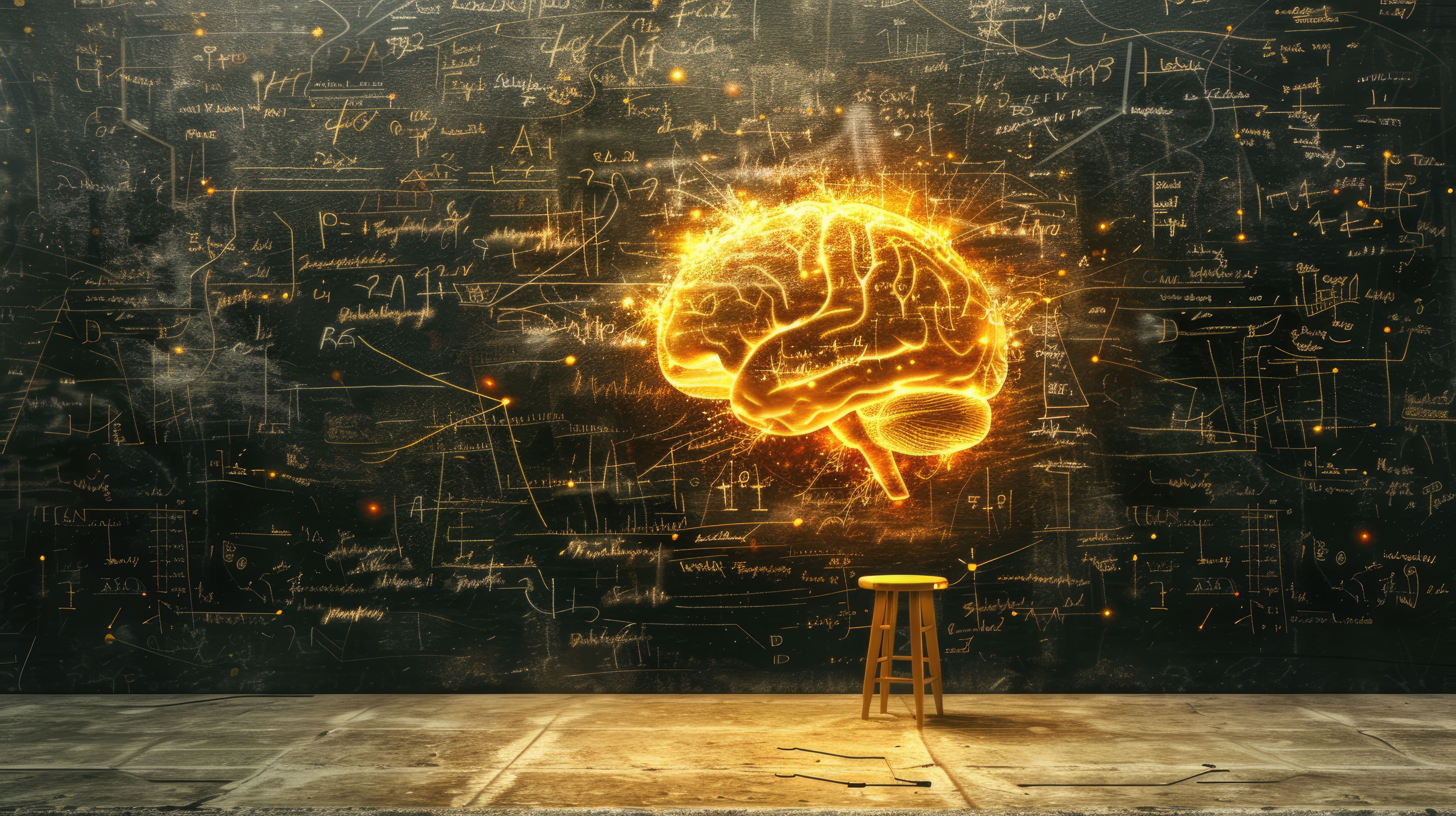Hilary Thompson suggests seven steps to optimise your little grey cells.
Ask anyone searching for their car in a multi-storey car park just how important memory is, and the answer you get will be resounding: it is essential. Memory helps us function. It seems the better our memories get, the more productive and effective we can be.
It is important, then, for people of any age to foster good habits when it comes to improving and maintaining memory. Certain habits, skills and even supplements can go a long way in helping us excel at the memory game.
Diet
As they say, you are what you eat. If you want a good memory, it follows that you need to eat foods that have been proven to enhance brain function.
Keeping the brain active is one of the best ways to slow decline.
“What you eat throughout life impacts how your brain ages. Antioxidants, omega-3 fats and other nutrients in certain foods can slow down the aging processes in your brain, and improve memory and general cognitive function,” says Anne Danahy, a registered dietitian and nutrition communications expert who specialises in healthy aging.
Danahy recommends the MIND diet (from Rush University Medical Center and the National Institute on Aging) as a great example of a dietary pattern that improves brain health, memory and cognitive function. “Even people who followed this type of a diet pattern some of the time saw benefits,” she says.
Researchers have found that astaxanthin (the component that gives fish such as salmon and red trout its pink hue) is one of the most powerful antioxidants. “It can cross the blood-brain barrier, so it’s especially beneficial for memory and general cognitive function,” says Danahy.
Games and learning programmes
Keeping the brain active is one of the best ways to slow decline. Doing crossword puzzles, for instance, can delay decline by as much as two and a half years in people who had already shown early signs of dementia.
Many games and puzzles can help improve the memory, and research suggests you should vary the types of puzzles that you engage in – switching skills keeps the brain sharp.
On the other hand, passive TV consumption can cause the brain to become stagnant. It is easy fall prey to excessive TV watching which is harmful physically (the muscles atrophy from a sedentary life), socially (you spend too much time alone) and mentally (the brain is not engaged). This can negatively impact memory. Consider watching educational programmes that engage your mind, and limit TV to two hours a day.
Click here to take the TJ survey and get three months free digital subscription to TJ plus the chance to win an Amazon Echo
Sleep
The link between sleep and memory has been studied extensively. To function effectively, humans need sleep. Its exact role in memory consolidation is just now being understood. Those with sleep deprivation lose focus and their ability to learn is compromised.
Poor sleep also negatively affects the brain’s ability to consolidate memories, a process that happens during the deeper, restorative phase of sleep called slow-wave sleep (SWS) after learning takes place.
Adults should be getting seven to nine hours of restful sleep a night. If that number is hard for you to hit, there are many techniques to improve the amount of sleep you get. A consistent bedtime routine is key, providing cues to your body to rest. A bath, a warm drink followed by a good book is a great example of a restful routine.
In order to get quality sleep, research shows that staying away from electronic devices before bed is important. Blue light from phones and tablets disrupts our sleep/wake cycle and our ability to retain memories.


